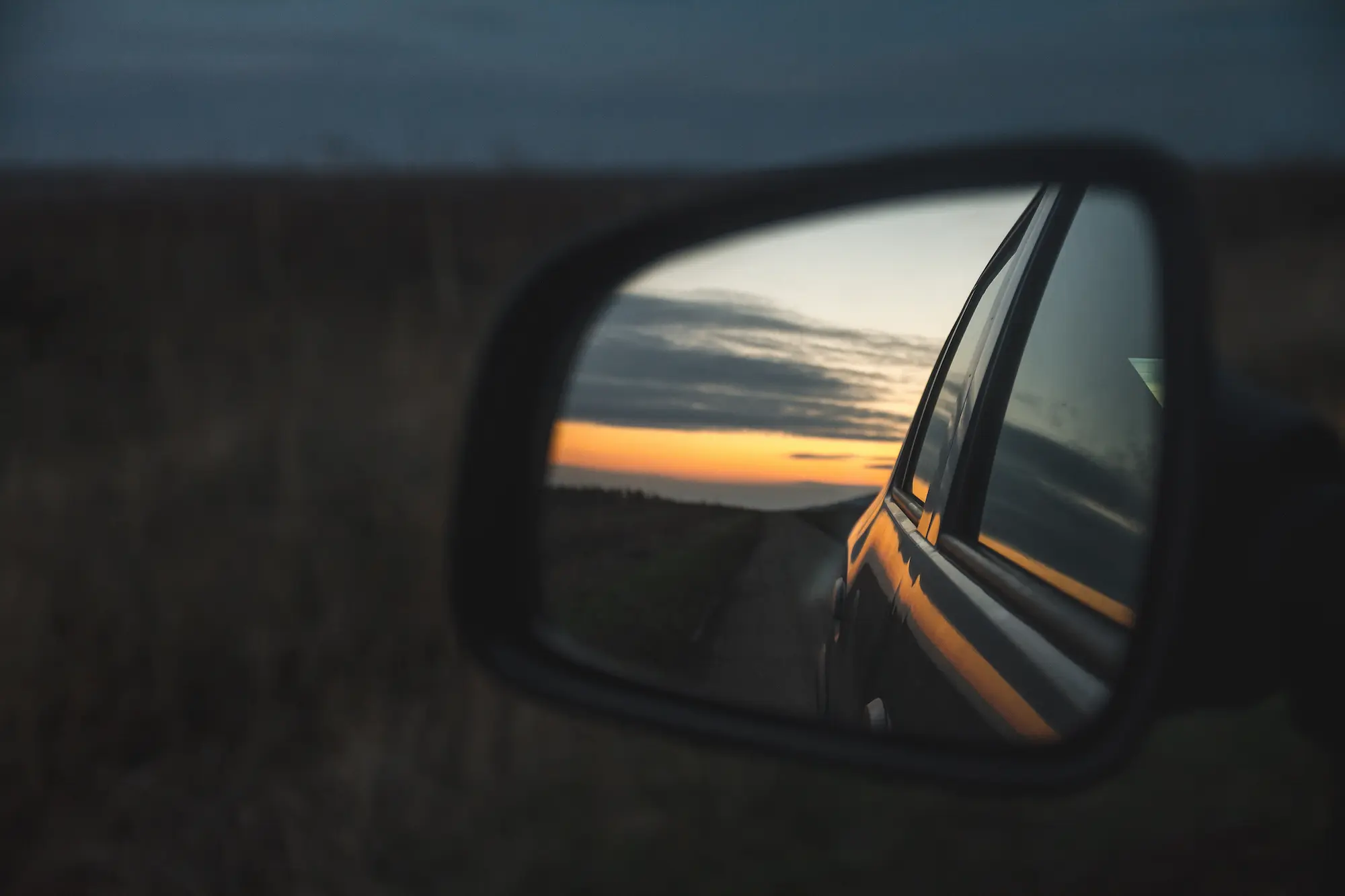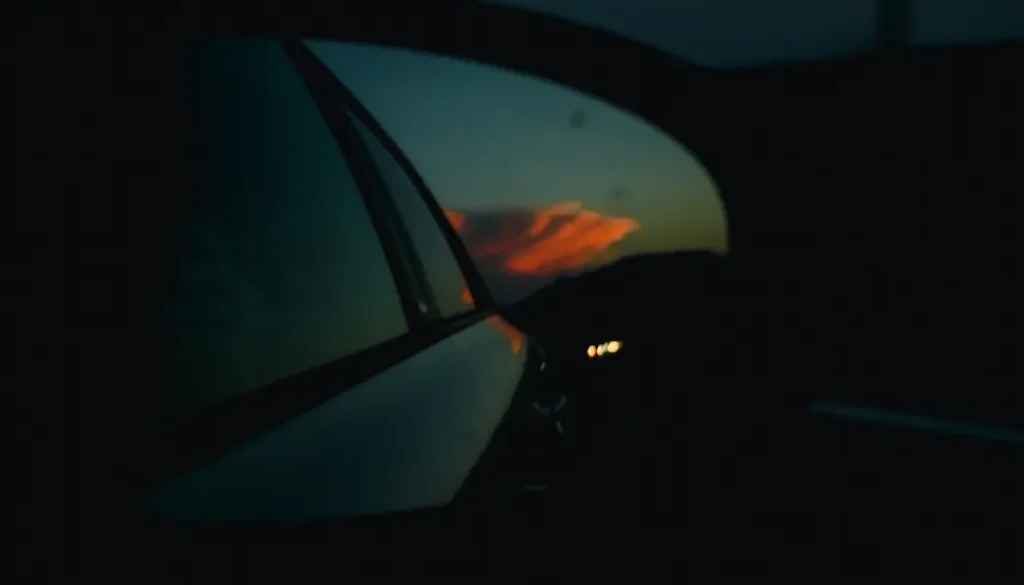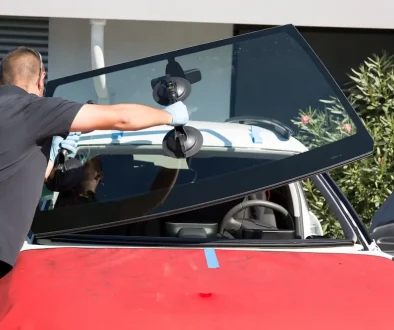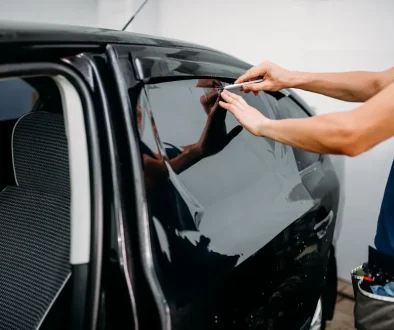Does Window Tinting Work at Night? Pros & Cons
Window tinting is widely recognized for its benefits during the daytime — reducing glare, blocking UV rays, enhancing comfort, and protecting your car’s interior. But what about at night? Many drivers wonder how effective — or safe — window tinting is after dark. Let’s break down what you need to know.
Visibility Factors at Night
At night, the lighting environment changes drastically. Artificial lighting makes the interior of your vehicle appear brighter than the outside, which can affect how well tinting performs. While window tint improves privacy during the day, this effect may be reduced at night when it’s darker outside.
If your window film is too dark, it could impair your ability to see clearly at night — especially in low-light areas or poorly lit roads.
Film Types and Nighttime Performance
Different tint films affect visibility and performance differently at night:

Recommendations for Optimal Nighttime Performance
To enjoy both the benefits of window tinting and safe nighttime driving, keep these tips in mind:
Conclusion
While window tinting enhances your driving experience during the day, its performance at night depends on the film quality and installation. By choosing the right tint and working with professionals, you can maintain excellent visibility, reduce glare, and stay safe behind the wheel — day or night.


